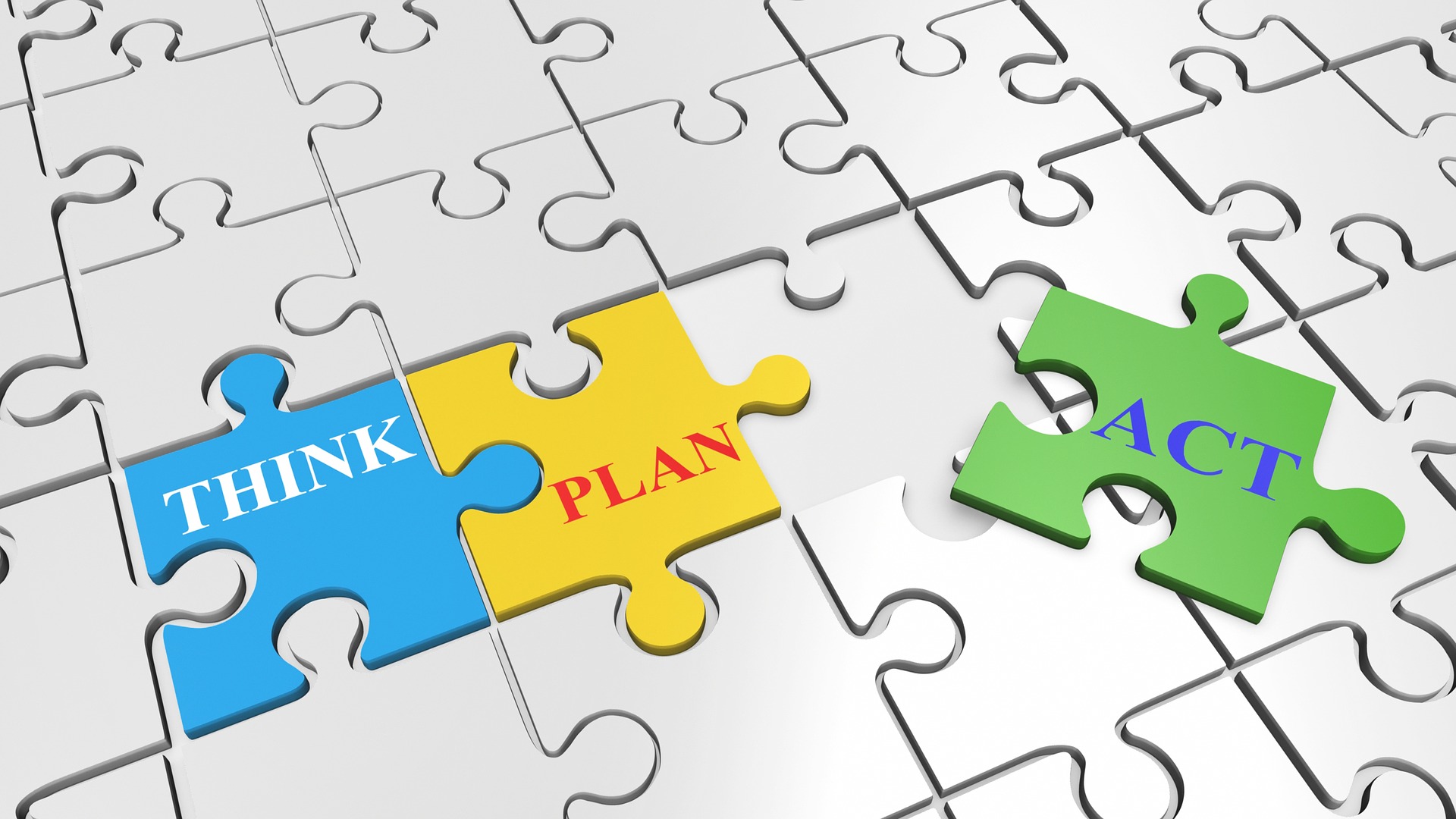Disasters are distressing for everyone, but they pose even greater challenges for individuals with developmental disabilities. Physical and intellectual disabilities may make it difficult to decipher, navigate, and implement safety precautions. This begs the need for special guidance for those with developmental disabilities. In this article, we’ll share important information and resources to use in the event of an emergency situation. You and your loved ones can use it to draft an emergency preparedness plan.
Know What Disasters and Emergencies to Prepare For
Before tackling emergency preparedness for people with disabilities, it’s essential to learn about the dangers out there. Get familiar with the types of disasters that are common in your geographical area. In Louisiana, these include hurricanes, pandemics, terrorist attacks, and other severe weather events. Read up on events like these and become familiar with measures people should take to maximize their safety.
Keep An Eye on National and Local Media
If you have access to national or local media during a disaster, use it to your advantage. You may be able to glean helpful information about the trajectory of the disaster, resources available or unavailable at the time, safety recommendations, and more.
Memorize or Write Down These Important Emergency Phone Numbers
You never know when you may need to call for assistance during an emergency. Keep the following phone numbers on-hand so you can access the help you need:
-
- 911 – If ever you find yourself caught in the middle of an emergency and in need of assistance, call 911 for help.
- 211 – If you don’t need immediate assistance but want information about the disaster or emergency, call 211. While on the line, you can ask about shelter availability. For more information about 211 and the services provided through this resource, see the 211 website.
- 511 – In situations where you need to navigate away from the situation, call 511 to get travel updates or up-to-date information on road closures.
Contact an OCDD Local District or Authority for Assistance
Being that people with developmental disabilities may need specialized assistance during an emergency or disaster, your local district or authority may be the right call to make.
The phone number for your local district or authority can be found here.
If you cannot reach someone there, you can also call 1-866-783-5553 (the general number for the OCDD).
You may want or need to call if you belong to one of the below groups:
-
- You currently receive services from the OCDD or work to help people who receive services from the OCDD and you need help preparing for an emergency.
- You meet the above criteria and you need evacuation assistance.
- You’re looking to relocate a loved one who’s part of a developmental disabilities program, a recipient of waiver services, or currently residing in a public facility.
Prepare a Survival Kit
Having the right items on hand can make a disaster more bearable and even save your life. Gather the supplies you need and put them in a bag that won’t be difficult to transport. Once your emergency supply stash is all packed, stow it away and inform your loved ones of where it’s located.
Get Your Support Network Involved
Speak to your loved ones about what would happen if you were affected by an emergency or disaster. It also helps to keep a surplus of medication and medical equipment – enough for 7 to 10 days, as pharmacies aren’t guaranteed to be open during a disaster or emergency. Speak with your healthcare provider about getting extra medication to hold you over in such a case.
Keep the above tips within reach should you need to use them – they serve as the basis of your emergency preparedness plan.


